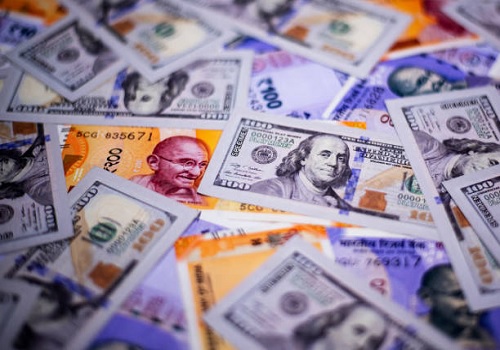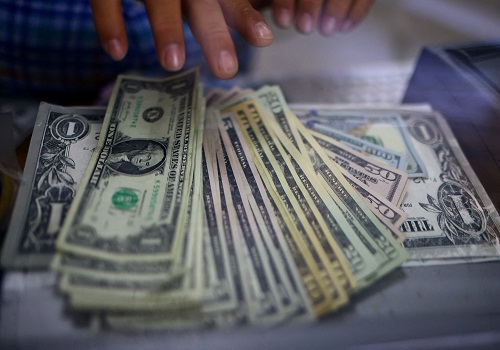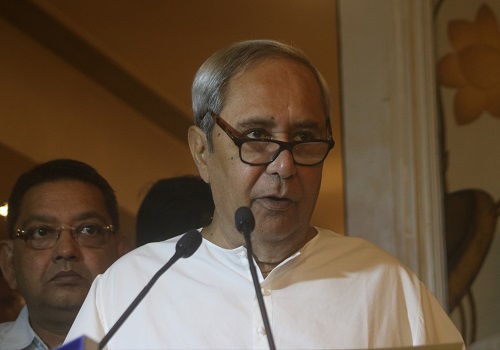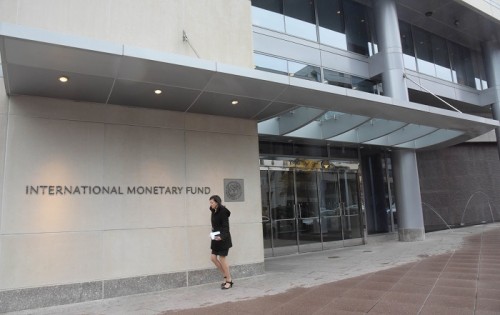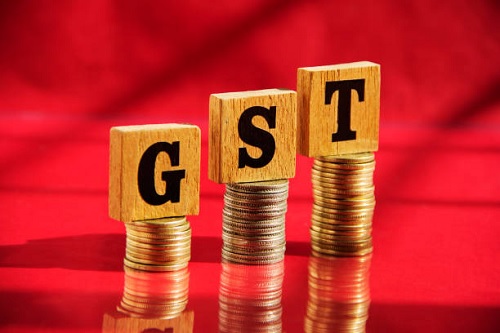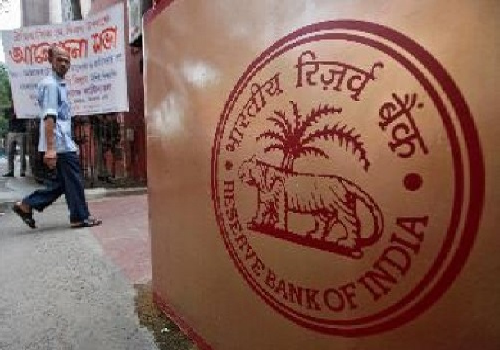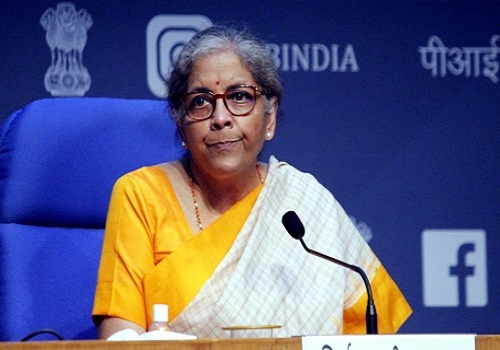RBI says further cut in state VAT on fuels can soften inflationary pressure, expectations
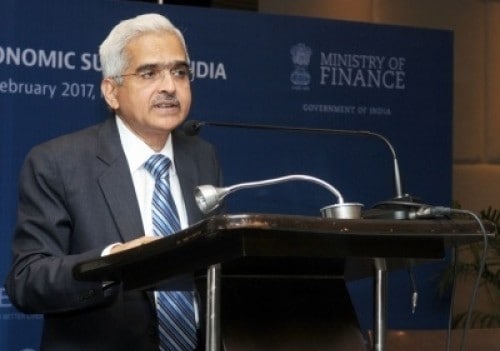
Follow us Now on Telegram ! Get daily 10 - 12 important updates on Business, Finance and Investment. Join our Telegram Channel
A further reduction of state value added taxes on petrol and diesel across the country would certainly contribute to softening of the inflationary pressures as well as the inflationary expectations, said the Reserve Bank of India Governor Shaktikanta Das on Wednesday.
Das said in his remarks while spelling out the outcome of the ongoing monetary policy review meeting that started on Monday.
"Our quick survey of urban households undertaken after the excise duty cuts on petrol and diesel on May 21, 2022 shows a significant moderation in their inflation expectations: declines of 190 basis points in their three months ahead expectations and 90 basis points in one year ahead expectations," said Das.
To put things in perspective, amidst rising energy prices and inflation, the government on May 21 reduced the central excise duty on petrol by Rs 8 per litre and on diesel by Rs 6 per litre, reducing the price of petrol by Rs 9.5 per litre and of diesel by Rs 7 per litre.
The global geopolitical situation remains fluid and commodity markets remain on the edge, rendering heightened uncertainty to the domestic inflation outlook, however, certain positive developments on the prices front in recent weeks may help to ease the acute price pressures to some extent, Das said.
Those positive developments include expectations of a normal south-west monsoon and kharif agricultural season, the recent supply side measures taken by the government and the unfolding of their impact, lifting of the palm oil export ban by Indonesia, and signs of moderation in global industrial metal price indices.
"Notwithstanding these positive developments, upside risks to inflation do persist. These risks emanate from elevated commodity prices; revisions in electricity tariffs across many states; high domestic poultry and animal feed costs; continuing trade and supply chain bottlenecks; rising pass-through of input costs to selling prices in the manufacturing and services sectors; the recent spike in tomato prices which are adding to food inflation; and most important of all, the elevated international crude oil prices."
RBI on Wednesday raised the repo rate by 50 basis points to 4.9 per cent to tame rising inflation, which has been now above RBI's 6 per cent tolerance level for four months in a row. Notably, wholesale inflation in the country has been in double digit for over a year now.
Governor Das on Wednesday said India's retail inflation is likely to stay above the tolerance level of 6 per cent till third quarter of FY23 before moderating below 6 per cent.
For FY23, RBI sees overall inflation at 6.7 per cent, with 7.5 per cent in Q1, 7.4 per cent in Q2, 6.2 per cent in Q3, and 5.8 per cent in Q4, taking into consideration the normal monsoon and average crude oil basket price of $105 per barrel.
Coming to growth, India's real GDP growth in FY23 is seen at 7.2 per cent, will 16.2 per cent in Q1, 6.2 per cent in Q2, 4.1 in Q3, and 4.0 in Q4, with risks broadly balanced, Das said.

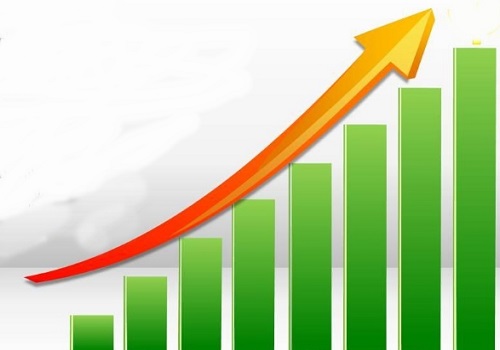

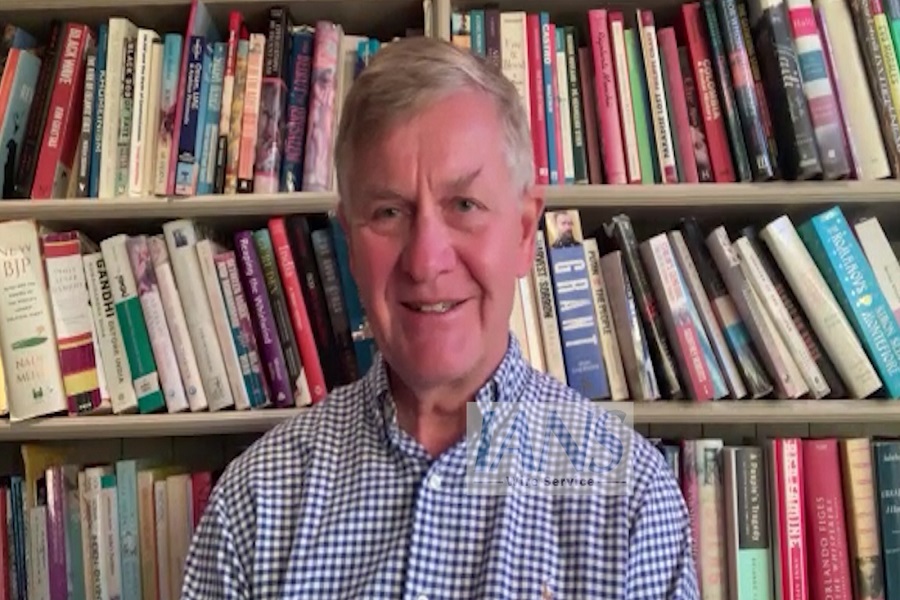
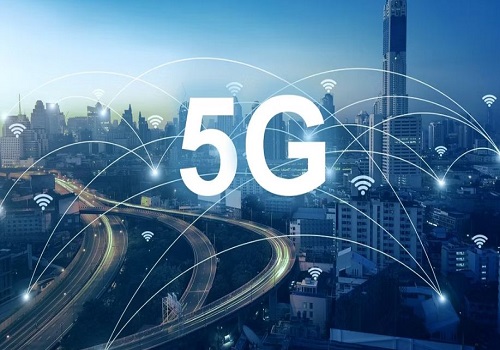
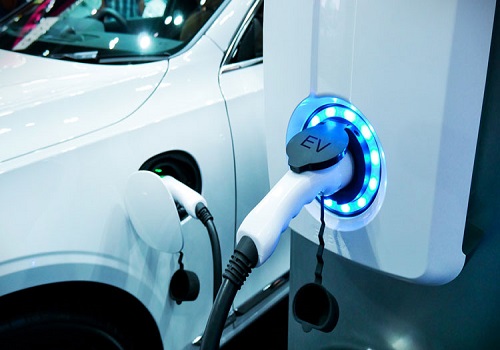




Tag News

Monthly Debt Market Update, September 2023: CareEdge Ratings





 320-x-100_uti_gold.jpg" alt="Advertisement">
320-x-100_uti_gold.jpg" alt="Advertisement">


